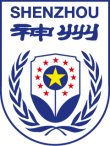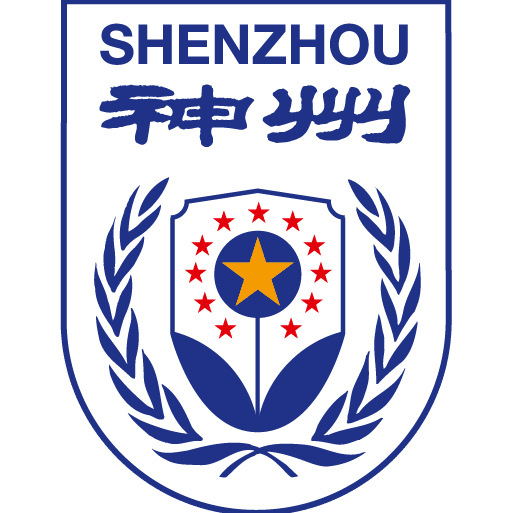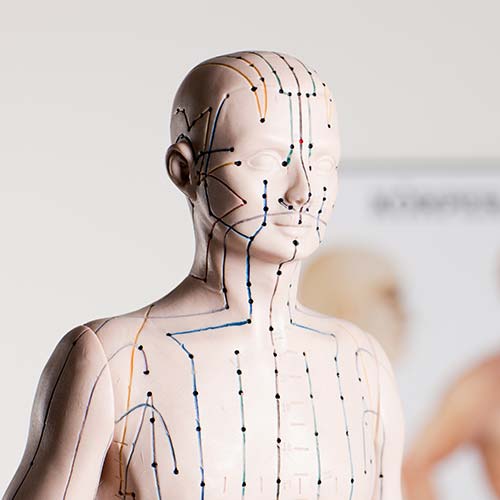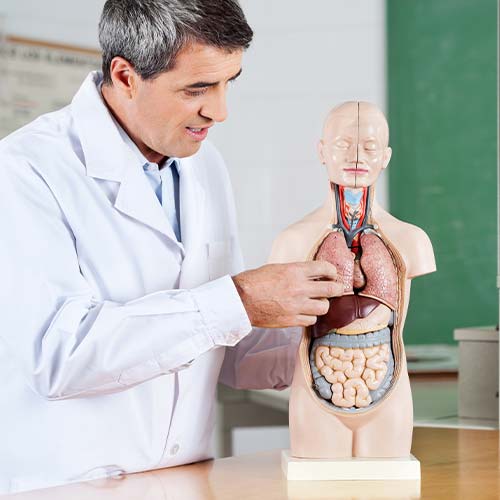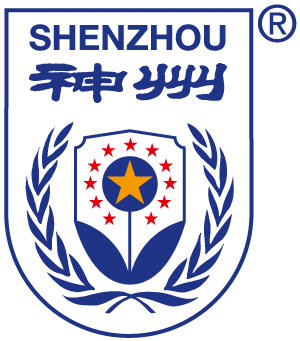Fibromyalgia
26 September 2024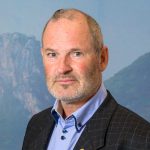 Toine Korthout
Toine Korthout
Fibromyalgia is a medical condition characterized by muscle pain and tender points distributed throughout the body, along with a range of other possible symptoms. Although the World Health Organization (WHO) has included fibromyalgia in its disease classification system, ICD-10, there is still no consensus on identifiable, objective physical abnormalities. Nonetheless, patients suffer from symptoms, and the diagnosis is made by excluding other diagnoses. Certain cases of “somatic symptom disorder”, (‘somatisch onvoldoende verklaarde lichamelijke klachten’, SOLK) might potentially fall under the ICD-10 diagnosis of “fibromyalgia.”
During this interactive training day, we will focus on the symptoms experienced by patients, potential causes, and treatment options. Differential diagnostic considerations will also be discussed. Additionally, there will be an opportunity to share (both personal and professional) experiences among course participants.
By the end of this training day, you will be able to explain at least the following about fibromyalgia:
• What is the cause;
• What the symptoms (can) be;
• What the differential diagnosis is, and relatedly, which diagnoses must be excluded to arrive at a working diagnosis of fibromyalgia;
• What treatment options are available.
 Toine KorthoutStudied natural medicine at the "Nederlandse Akademie voor Natuurgeneeskunde" in Hilversum, medicine at the Rijksuniversiteit Limburg in Maastricht (Msc 1988, MD 1991), acupuncture education at Stichting NAAV Education with specialization auriculo (1996) and Pedagogic Didactical skills for HBO teachers at Interstudie NDO van Hogeschool Arnhem en Nijmegen (2013).
Toine KorthoutStudied natural medicine at the "Nederlandse Akademie voor Natuurgeneeskunde" in Hilversum, medicine at the Rijksuniversiteit Limburg in Maastricht (Msc 1988, MD 1991), acupuncture education at Stichting NAAV Education with specialization auriculo (1996) and Pedagogic Didactical skills for HBO teachers at Interstudie NDO van Hogeschool Arnhem en Nijmegen (2013).
Price
Student discount
Shenzhou student: 15%
External TCM student 5%
(Limited places available for students)
Please see the payment and registration conditions for seminars in the registration form.
Accreditation
- NVA WM-B, Zhong (Cat.2A), NWP, LVNT, VBAG, TCMned
Dates & Time
10 am – 17 pm (1 hour break)
Location
Language
Levels of experience
- Acupuncturist, Herbalist or final year student
- Therapist with valid MBK (WM) diploma
Number of participants
More WM seminars

Depression
Depression is one of the common mental disorders, afflicting an estimated 5% of the adults worldwide. It is characterized by persistent depressed mood, loss of interest or pleasure, recurrent thoughts of death, and physical and cognitive symptoms.
Depression consists of different forms and the current seminar will focus mostly on the major depressive disorder (MDD). It will present an overview on the prevalence, pathophysiology, clinical manifestations, diagnosis and managements of depression. Importantly, the seminar will explore different treatment options of depression.
Read more >
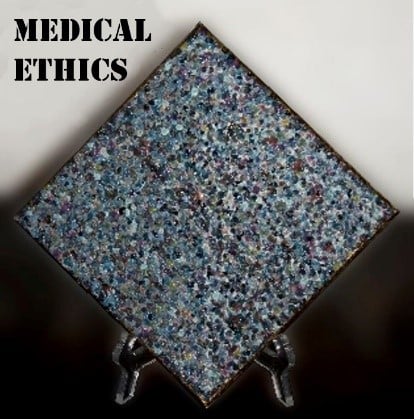
Medical Ethics
Sooner or later, incidentally or frequently, therapists will meet in their contacts with patients circumstances where different options to act present themselves. In such cases it is often not a matter of choosing between just black and white, but merely between the one grey and the other. Arguments pro or contra can be put forward for any possible option. That what does justice to one principle might detract from the other, and vice versa. Norms prescribe how to act, but different norms might seem inconsistent towards each other. Nevertheless, choices must be made in given circumstances. Ethics may help you to make responsible choices. Medical ethics does so in cases related to patients and healthcare.
Read more >
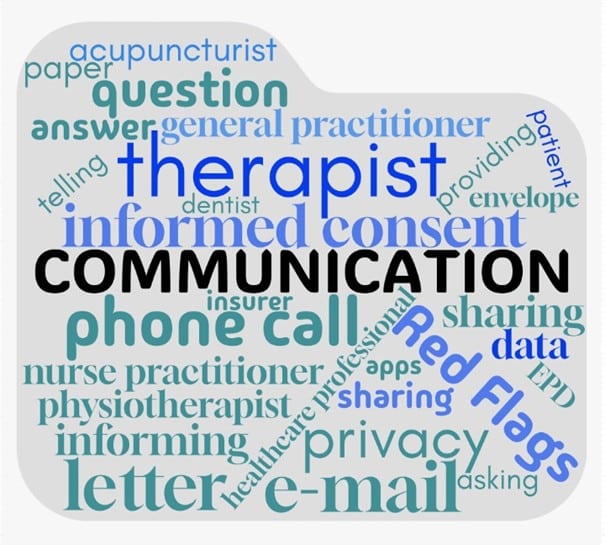
Communication with Health Care Professionals
In this interactive seminar, we will explore the types of communication channels between healthcare professionals, the legal aspects of communicating about patients, and the resulting requirements for communication between healthcare professionals. This may involve communication between conventional healthcare providers, complementary healthcare providers, or between complementary and conventional healthcare providers.
Read more >
